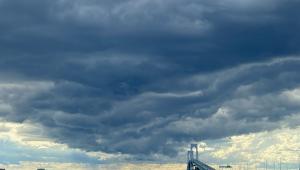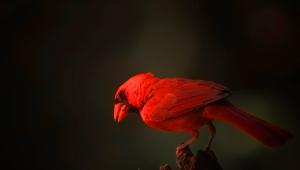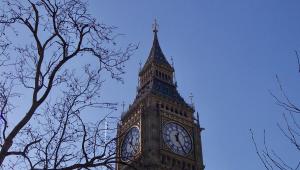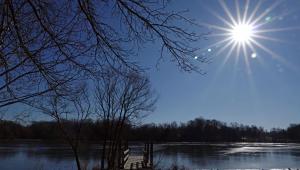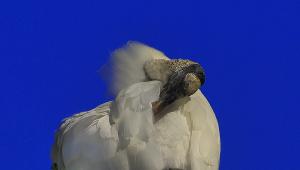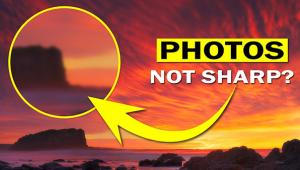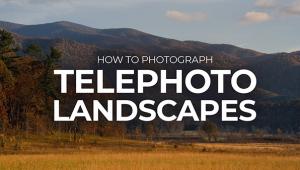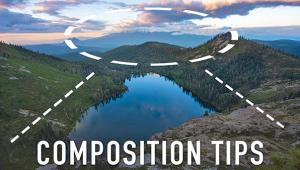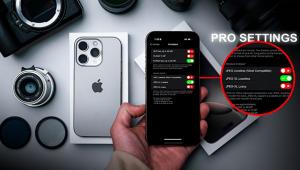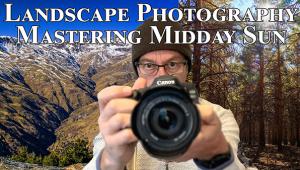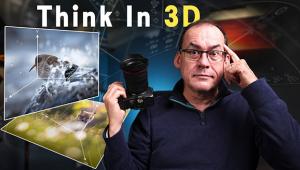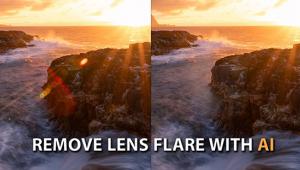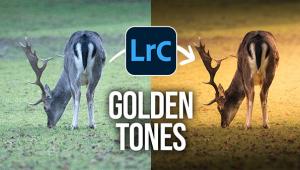At my age (74) it no longer makes a difference--20 years ago it would have.
Please briefly describe your purchasing decision when shopping for a DSLR?
- Log in or register to post comments

I presume full frame systems will have substantially lower noise at similar ISO's than less than full frame system. I'm using a Nikon D50 because of it's lower noise, even though the D40 and D40x were available. My needs require very low noise at high ISO's, and that's not a matter of jamming more pixels into smaller (or larger) areas alone.

Truth to tell, the pro DSLRs are too bulky for my shooting style. A good APS C-size sensor has better resolution that the finest film, so I'm already ahead of the game. It also grabs the sweet spot of a normal full-frame lens, giving one the potential of technically better shots with minimal edge effects. Lastly, the magnification factor is desirable for wildlife. I can see the full-frame sensors filling the niche of the traditional large format film cameras, bit not for me.

As an Olympus 4/3 user, I am already using full frame DSLR's with the respective Zuiko lenses. If you are asking if I would be interested in 35mm equivalent full frame DSLR's, my answer would be that I would because I like to use wide angle lenses which crop too much on non-full frame sensors. I would like to see better priced 35/full frame DSLR's for Canon and Nikon lenses that I own to take advantage of their wide angles. Further, I don't need 9 frames per second and a lot of fancy AF etc. Good resolution (esp. at the edges) and dynamic range is what I would base my decision on for landscape photgraphy.

The great photos produced from film and now hanging in museums, galleries and private collections came from cameras from 35mm to very large format. I suspect it will be the same for digital. The terms pro and amateur should be used only in front of photographer, not camera, and should never imply a level of ability. The recipe for great pictures is 10% good camera, 20% good lens, 30% photographic knowledge, and 40% photographers vision.

So far DSLRs with non-full frame sensor size as like as temporary SLR cameras in digital during the cost to make big sensor till to high (in fact we can count by fingers a few expensive models have made by Kodak and Canon). So if the cost for full frame size sensor going on lower, I think all true DSLR cameras should be back to full frame soon.

I have been waiting for Nikon to come to the market place with a full frame DSLR as I have quite a number of full frame lenses and so far have not bought any lenses for my D70s and have been on hhold with any new purchases. I still don't want to spend $5000 for a camera body as I have a big investment in film camera's.

Digital imaging sensors need telecentric (or near telecentric) lens designs, which is why Olympus designed the E system from scratch, and other manufacturers chose APS-C or similar sensor sizes and recycled their old APS lenses. To get telecentric lenses capable of producing a large enough image circle for a 35mm frame size sensor means bigger lenses and larger lens mount. That isn't happening, so compromised image quality will be the result. This is a dead end, with manufacturers pandering to people who have a collection of old lenses or who don't understand the technicalities and blindly think that 'full-frame' is better. Still, if there's a market you can't blame Canon or Nikon (and Sony next?) chasing it.

I have waited to "Go digital" until I had a FF camera, so that my most important lenses for work (headshot & portraiture) the 85 1.4, 105 2 DC, 135 2 DC, provided the same angle of view on digital. Now that I have that, I will be investing in D3s.

The issue is primarily one of price/cost. Only a small handfull of amateurs and hobbyists can afford the price attached to "full frame" DSLRs and their accompanying "pro series" lenses. Currently, it makes no sense to buy the full frame DSLR camera body capabilities without also purchasing the high end optics, and not many of us can afford the $12K (or more) that such a system can cost when less than half that (though, believe me, the $6K I am investing in a NIKON D300, 800 series flash, and 3 lenses is hurting my budget for the year) can purchase 95% of the capability in an APS sensor camera body.

